New Scientist covers the latest developments in science and technology that will impact your world. New Scientist employs and commissions the best writers in their fields from all over the world. Our editorial team provide cutting-edge news, award-winning features and reports, written in concise and clear language that puts discoveries and advances in the context of everyday life today and in the future.
Elsewhere on New Scientist
A drop in the ocean • World’s first climate migration treaty is unprecedented, but small in impact
New Scientist
Follow the flamingos
Tuvaluans seek escape from rising seas • With the island country of Tuvalu in danger of flooding, nearly a third of its citizens have applied for Australia’s world-first climate migration visa, finds James Woodford
Cancer cells steal mitochondria from neurons to fuel their spread
Deep sleep seems to lead to more “eureka” moments
Flexible fabric could make X-rays more comfortable
Bold plan to save vital ocean current • Giant parachutes could keep warm water circulating in the Atlantic – but some are sceptical
Self-righting shape solves long-standing maths mystery
Stomach surgery offers cancer clue • Simulating the effects of a weight-loss procedure on bile acids could help treat tumours
Small and speedy Jurassic dinosaur reconstructed
Deaths from heart attacks have fallen sharply in the US
Ash trees evolve defences against deadly fungal disease
Ancient boomerang is older than we thought
Wavy jet stream not behind wilder winter weather
Have we found Earth’s oldest rocks? • A stony formation in Canada may be the last remains of the planet’s early crust
Killer whales scrub each other clean with bits of kelp
GenAI doesn’t understand Gen Alpha • A failure to understand slang or memes is raising concerns about youngsters’ online safety
Sneaky lizards survived asteroid that killed dinosaurs
Women’s pelvises are shrinking – how is that changing childbirth?
Earth is more sensitive to emissions than we thought
Leonardo da Vinci’s ‘helicopter’ design beats today’s drones
Ancient people canoed with wallabies • The animals were transported across oceans thousands of years ago for their meat and fur
Cosmic crash left behind a weird string of galaxies
Don’t ask these experts • Beware the tech leaders making grandiose statements about artificial intelligence. They have lost sight of reality, says Philip Ball
Future Chronicles • Patching it up By the 2030s, hormone implants enabled users to boost everything from pain tolerance to libidos, reveals Rowan Hooper, our guide to future scientific developments
Hail hunters
Great pickings so far • Radicalisation’s roots, the downsides of diagnosis and an epic trek following a Slovenian wolf are among Liz Else’s top popular science books of 2025 to date
Visions of the future • From generation ships to climate change, there has been some stellar sci-fi out in the past six months. Our columnist Emily H. Wilson picks her favourites
Your letters
The lost humans • Over tens of thousands of years, waves of Homo sapiens set out across Europe and Asia, only to mysteriously vanish. At last, ancient DNA is revealing why, finds Michael Marshall
Extinction in the Americas
Static secrets • We are finally untangling the centuries-old mystery of how static electricity really works, discovers Elise Cutts
Interview • Diet and exercise will only get you so far when it comes to living longer, but there is a magic bullet that could help us all, Devi Sridhar tells Graham Lawton
Getting your hands dirty • Can a microbe found in soil alter your brain chemistry to...
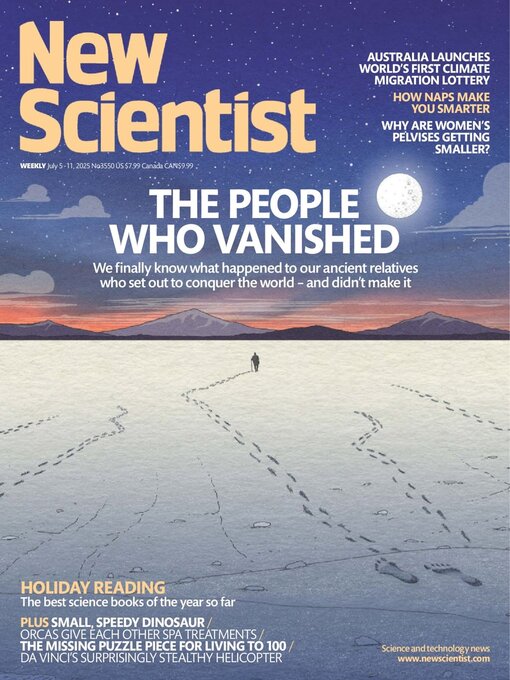
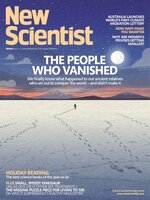 Jul 05 2025
Jul 05 2025
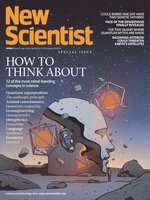 Jun 28 2025
Jun 28 2025
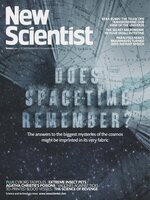 Jun 21 2025
Jun 21 2025
 Jun 14 2025
Jun 14 2025
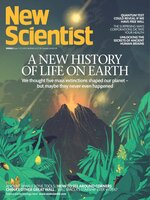 Jun 07 2025
Jun 07 2025
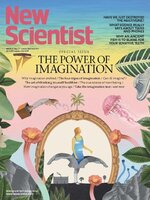 May 31 2025
May 31 2025
 May 24 2025
May 24 2025
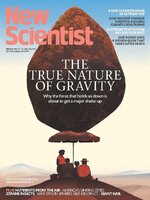 May 17 2025
May 17 2025
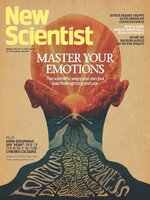 May 10 2025
May 10 2025
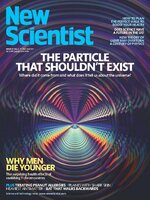 May 03 2025
May 03 2025
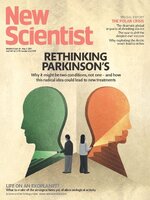 Apr 26 2025
Apr 26 2025
 Apr 19 2025
Apr 19 2025
 Apr 12 2025
Apr 12 2025
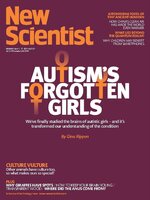 Apr 05 2025
Apr 05 2025
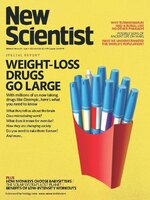 Mar 29 2025
Mar 29 2025
 Mar 22 2025
Mar 22 2025
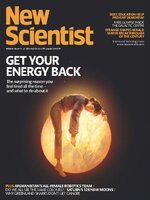 Mar 15 2025
Mar 15 2025
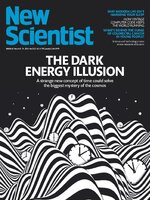 Mar 08 2025
Mar 08 2025
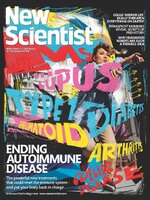 Mar 01 2025
Mar 01 2025
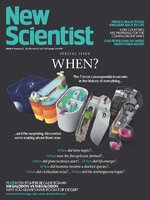 Feb 22 2025
Feb 22 2025
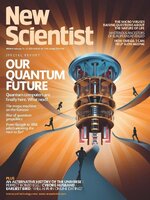 Feb 15 2025
Feb 15 2025
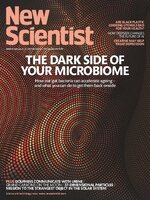 Feb 08 2025
Feb 08 2025
 Feb 01 2025
Feb 01 2025
 Jan 25 2025
Jan 25 2025